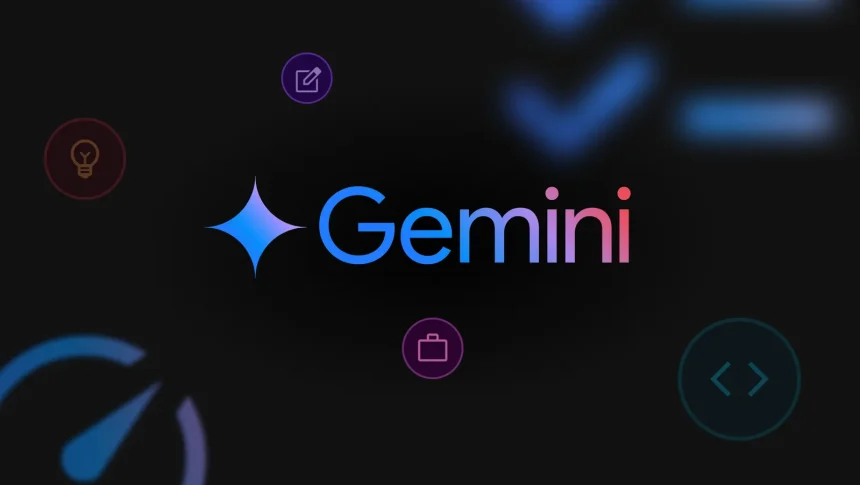The generation of images by artificial intelligence has sparked numerous controversies, particularly in the United States, where Google had suspended this feature last February. A notable example is the Taylor Swift incident, where explicit photos of the singer, generated by AI without her consent, triggered a wave of outrage and prompted American lawmakers to propose laws to protect privacy. These controversies forced the company to reevaluate and strengthen its rules before reintroducing human image generation.
Google announced that its Imagen 3 AI model is now capable of generating human images again, but with restrictions to avoid the excesses that provoked negative reactions. Currently available only in the United States, this feature is accessible to users of Gemini Advanced, Business, and Enterprise.
The generated results will now adhere to strict criteria, such as the impossibility of creating photorealistic representations of identifiable people or sensitive content.
Google Has Implemented Stricter Rules for AI Image Generation
With Imagen 3, Google has reinforced safeguards to prevent the creation of controversial images, particularly to avoid issues like non-consensual deepfakes or historically inaccurate representations. For example, requests for images involving historical figures are now more tightly controlled to avoid any racial or cultural confusion. Similarly, images of real personalities can no longer be generated in a photorealistic manner, and potentially shocking content is strictly prohibited.










